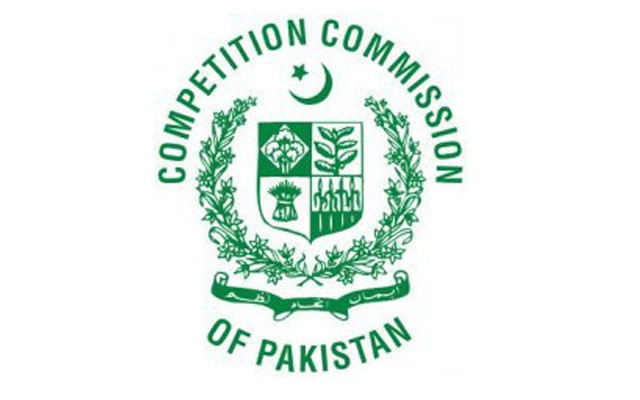ISLAMABAD: The Competition Commission of Pakistan (CCP) has released a comprehensive report titled “State of Competition in the Key Markets in Pakistan: Power Sector,” highlighting the impact of state-owned enterprises (SOEs) on competition within Pakistan’s power sector and offering insights for fostering a more competitive market environment.
The report analyzes structural, regulatory, and strategic challenges within the sector, which has long been dominated by SOEs, and provides extensive recommendations aimed at eliminating barriers to entry, improving efficiencies, and creating a fair marketplace that encourages private sector participation alongside SOEs. According to the report, the dominance of SOEs in the transmission and distribution segments limits space for private companies and creates significant entry barriers. Key factors hindering new market entrants include high capital requirements, monopolistic structures, outdated infrastructure, and geographical challenges.
The CCP recommends prompt implementation of the Competitive Trading Bilateral Contracts Market (CTBCM) model, which was approved in 2020 to open up the wholesale electricity market. This model would allow bulk power consumers, such as those with loads of 1 MW or above, to choose their electricity suppliers, fostering competition and giving consumers greater choice. Additionally, the CCP highlights the need to strengthen regulatory and business planning functions within Distribution Companies (DISCOs) to support the CTBCM model and align with competitive market goals.
To ensure fair and transparent access, the CCP suggests rationalizing system and wheeling charges for transmission and distribution services, ensuring they accurately reflect operational costs and encourage investment. The report further advocates for the gradual decommissioning of inefficient state-owned power plants, which would reduce capacity payments and improve system performance. It encourages the introduction of low-cost generation projects through competitive bidding to support affordable tariffs for consumers.
The CCP emphasizes the importance of private sector participation in expanding transmission capacity under the Transmission Line Policy 2015, suggesting that this engagement could improve efficiency and bolster the CTBCM model. Public-private partnerships or even privatization of DISCOs are proposed to reduce distribution losses and create a more competitive market. The report also recommends revising the Tariff Differential Subsidies to discourage the nationwide uniform tariff system, thereby promoting efficiency by ensuring consumers pay based on actual service costs.
As the power market develops, the CCP proposes that NEPRA gradually lower the threshold below 1 MW, allowing more consumers to select their suppliers and encouraging retail competition. Substantial investments in transmission and distribution infrastructure are also highlighted as essential for supporting effective competition and ensuring reliable service.
To address sector-wide financial health, the CCP underlines the importance of educating consumers on payment discipline and timely payments to reduce electricity theft. Through these recommendations, the report envisions dismantling monopolistic barriers, improving efficiency, and leveling the playing field for all participants in the power sector. The CCP aims for this report to catalyze meaningful dialogue and collaborative reforms among policymakers, industry stakeholders, and regulatory bodies.
The CCP has also released a brief documentary video to summarize the report’s key findings and recommendations, available on its official website and social media channels.




